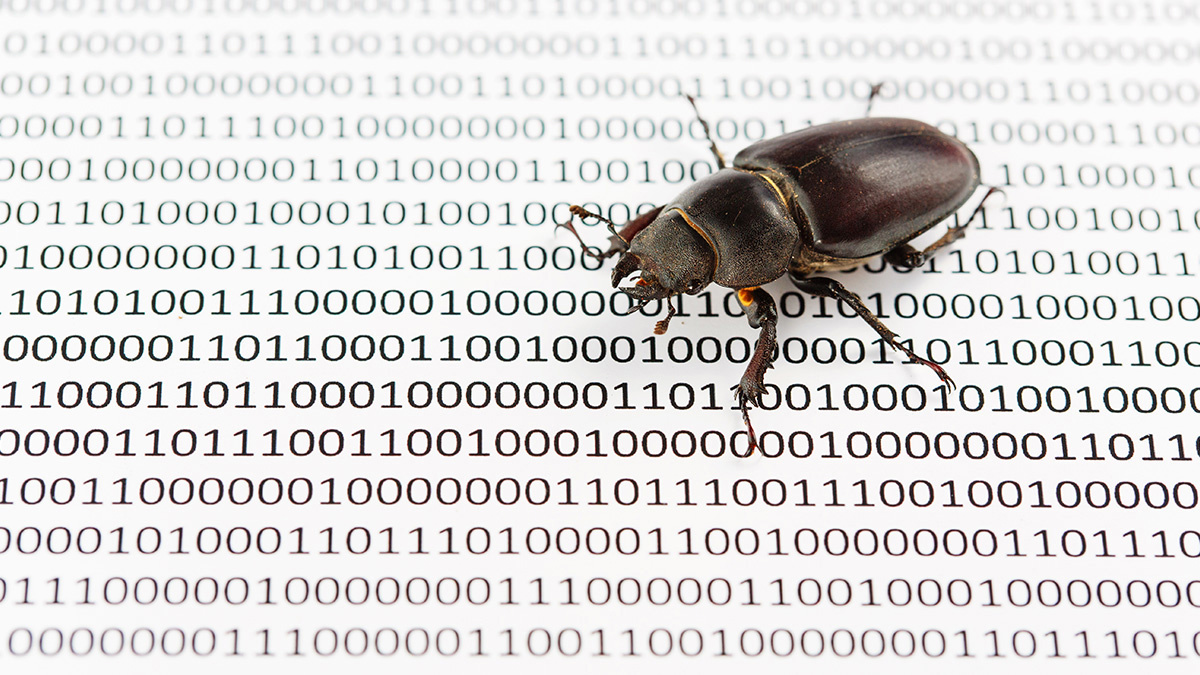BOOK THIS SPACE FOR AD
ARTICLE ADPossible RCE and denial-of-service issue discovered in Kafka Connect

Apache has resolved a vulnerability potentially exploitable to launch remote code execution (RCE) attacks using Kafka Connect.
Announced on February 8, the critical vulnerability is tracked as CVE-2023-25194. It was discovered in Apache Kafka Connect, a free, open source component of Apache Kafka that operates as a central hub for data integration between systems, databases, and key-value stores.
Apache claims that more than 80% of Fortune 100 organizations use the Kafka platform, including approximately seven out of every 10 banks.
Read more of the latest web security vulnerability news
According to Apache’s mailing list note, the security flaw was discovered by bug bounty hunter Jari Jääskelä, who reported the issue via Aiven’s HackerOne bug bounty program.
The vulnerability can only be triggered when there is access to a Kafka Connect worker – a logical work unit component – and the user must also be able to create or modify worker connectors with an arbitrary Kafka client SASL JAAS config and a SASL-based security protocol.
The vulnerability involves Lightweight Directory Access Protocol (LDAP) and Java Naming and Directory Interface (JNDI) endpoints, as with Log4Shell, and another newly disclosed critical Apache vulnerability in Apache Sling.
For example, an authenticated attacker could configure a specific connector property via either the Aiven API or the Kafka Connect REST API, forcing a worker to connect to an attacker-controlled LDAP server.
“The server will connect to the attacker’s LDAP server and it deserializes the LDAP response, which the attacker can use to execute java deserialization gadget chains on the Kafka Connect server,” the advisory reads. “Attacker[s] can execute commands on the server and access other resources on the network.”
When each prerequisite exists, Apache says it would be possible to perform JNDI requests, potentially leading to the execution of remote code or denial-of-service attacks.
Disclosure
The report was first submitted to Aiven via the organization’s bug bounty program on April 4, 2022. Triage took place in May and Jääskelä was awarded a $5,000 reward for their efforts before the issue was fixed and publicly disclosed.
Apache Kafka versions 2.3.0-3.3.2 were impacted, and the vulnerability was fixed in version 3.4.0.
The organization notes that since Kafka 3.0.0, users have been able to specify the connector configuration properties used in the attack chain. A new property has been added that disables problematic login module usage in the SASL JAAS configuration in version 3.4.0, alongside additional security measures.
Apache said: “We advise the Kafka Connect users to validate connector configurations and only allow trusted JNDI configurations. Also, examine connector dependencies for vulnerable versions and either upgrade their connectors, upgrading that specific dependency, or removing the connectors as options for remediation.”
Jääskelä also submitted a second critical vulnerability report concerning Apache Kafka in the same month.
The Aiven JDBC sink, including the SQLite JDBC driver, could be abused with an unprotected Jolokia bridge to execute RCE on Kafka Connect servers. The bug bounty hunter was awarded $5,000 for this report, and the security issue has since been resolved.
The Daily Swig has reached out to the Apache project and we will update this story as and when we hear back.
YOU MAY ALSO LIKE OAuth ‘masterclass’ crowned top web hacking technique of 2022
.png)















 Bengali (Bangladesh) ·
Bengali (Bangladesh) ·  English (United States) ·
English (United States) ·